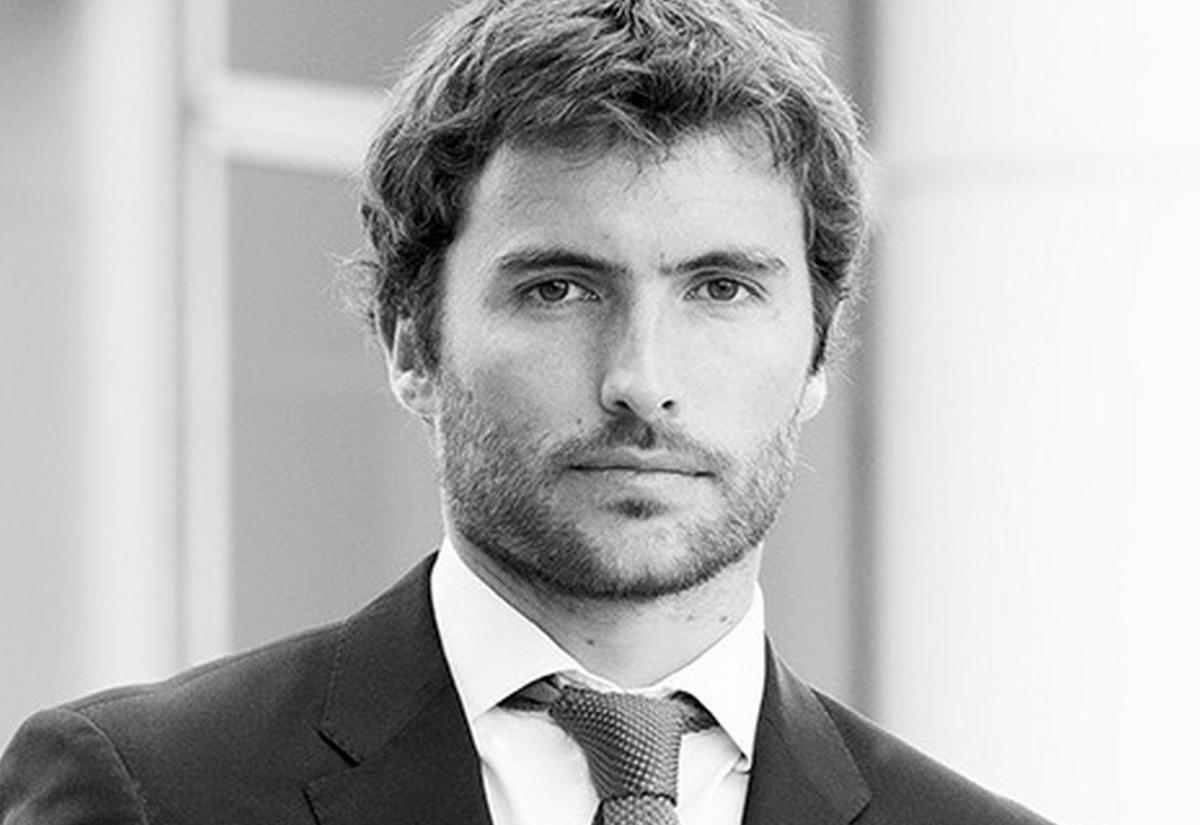
Tomorrow marks the start of the 46th Annual Meeting of the World Economic Forum in Davos, Switzerland and we’re looking forward to a strong presence of the Blavatnik School of Government’s networks putting improving government at the top of the agenda.
Over 40 heads of state and government, as well as 2,500 leaders from business and society are expected to gather to discuss this year’s theme: “Mastering the Fourth Industrial Revolution”.
The theme takes a broad view at how mobile internet, artificial intelligence and machine learning are transforming the world at an unprecedented pace, and what this means for growth, security and other global challenges.
For the Blavatnik School of Government the challenge is to think about how governments can promote and support innovative change. According to World Economic Forum’s founder and chairman Klaus Schwab, new technologies will “fundamentally transform human kind”. Blavatnik School research on this theme is rich and wide-ranging: from Tom Simpson's work on security and drones, to Paul Collier's connectivity and infrastructure in developing world cities; there are also Emily Jones on financial regulation, Visiting Fellow and former Kenyan Central Bank Governor Ndungu on mobile banking, Fellow of Practice Kristina Murrin on innovation, Stefan Dercon and Mthuli Ncube on aspects of technology and development, and Bo Rothstein on the quality of government worldwide. Added to this, this year’s Challenges of Government Conference will focus on how can government reinvent itself and regain the trust of the people.
Professor Ngaire Woods, Dean of the Blavatnik School of Government, will be attending, moderating and speaking in the meetings and discussions at Davos (see list below). She will also be delivering a keynote speech on the topic of “Governments in the 4th industrial revolution: ready, willing and able?”
Davos will also see some members of the School’s International Advisory Board attend formal meetings and informal discussions. The Fourth Industrial Revolution has the potential to create new opportunities for people and for communities, but represents also a huge challenge for governments, international organisations and leaders – including many of the people who work with the School. For example, for Dominic Barton (McKinsey) the challenge is how to support governments in understanding how to use technology for the better; Eric Schmidt (Google) will be seeking share insights on how technology can help citizens be better engaged and informed. For Mark Carney (Bank of England) and Philipp Hildebrand (Blackrock) the main question is where best to invest government resources to respond and harness the Fourth Industrial Revolution.
Dean Woods will moderate/speak at the following events (please note all the timings below are Zurich time, so GMT+1):
- The Governance of Progress - Wednesday 20 January (10:30am) What leadership and governance systems can foster responsible decision-making without stifling progress?
- The Fintech Revolution - Wednesday 20 January (14:15pm) New technologies, new entrants and rapidly evolving customer expectations are reshaping the evolution of the financial services ecosystem. How can financial institutions unlock the high-potential opportunities that are critical conditions for their success?
- Governments in the 4th industrial revolution: ready, willing and able? - Friday 22 January (7:20am) Ngaire has been invited to deliver the keynote speech at Sberbank Business Breakfast on how governments can promote and support innovative change.
- What Comes After Globalisation? - Friday 22nd January (12:30pm) Ngaire has been invited as a panel member for this Credit Suisse event.
- Human Dignity in Global Supply Chains - Friday 22nd January (16:30pm) As rapid technological change transforms entire systems of production and consumption, how can human dignity be placed at the core?
Many events at Davos will be live streamed and/or recorded. Keep checking the side bar menu as we add links to recordings of sessions, coverage and more information.
More details on the events, and on the whole programme, can be found on the WEF website.



